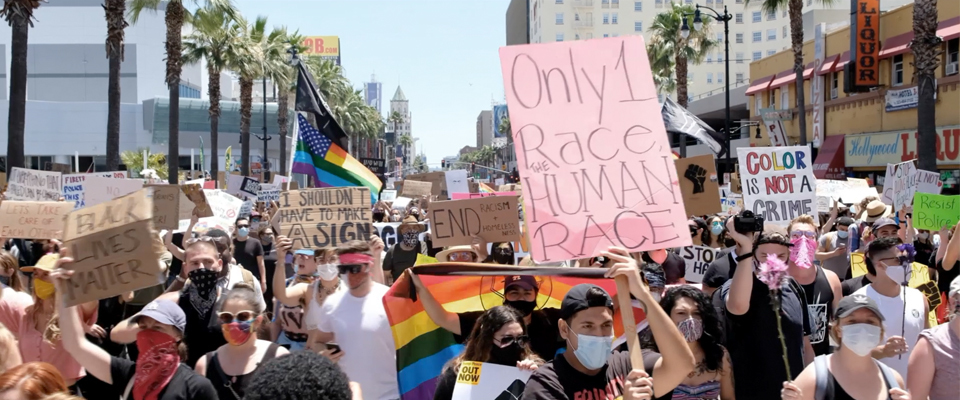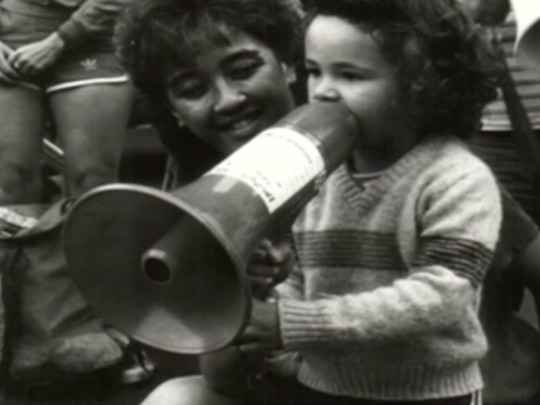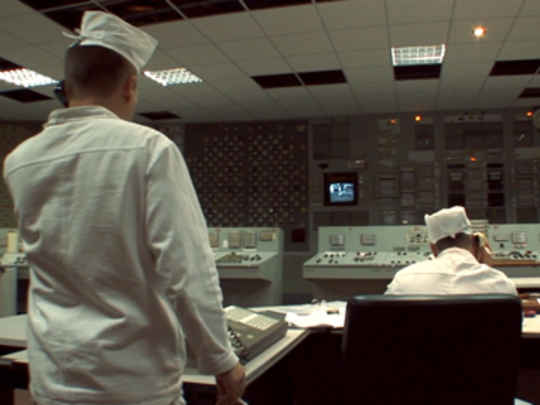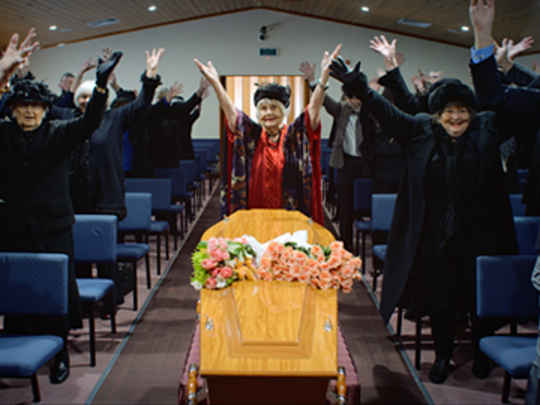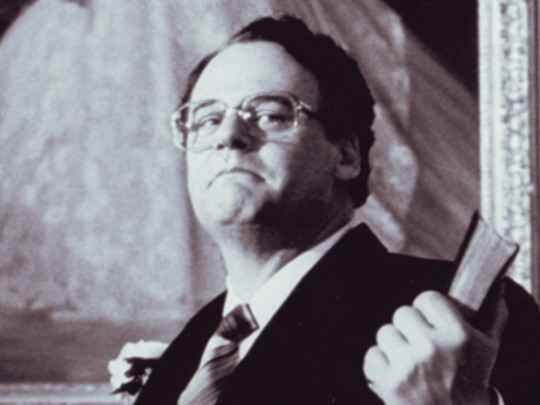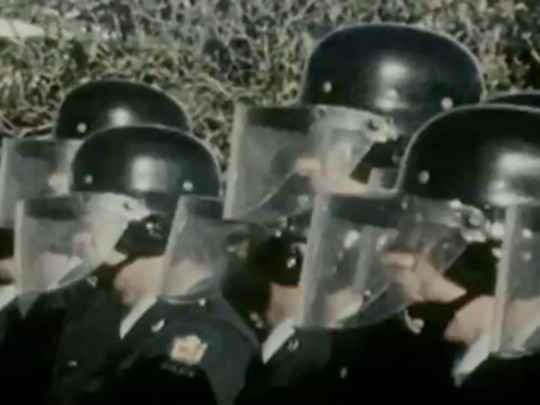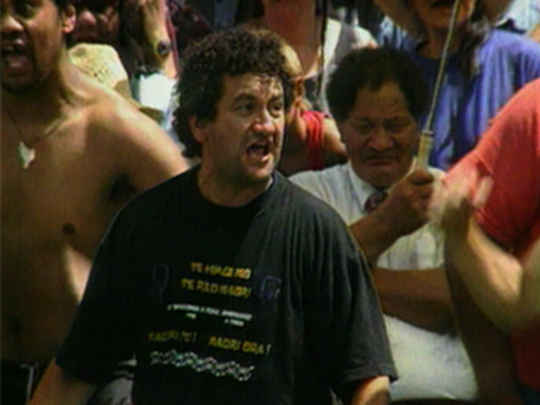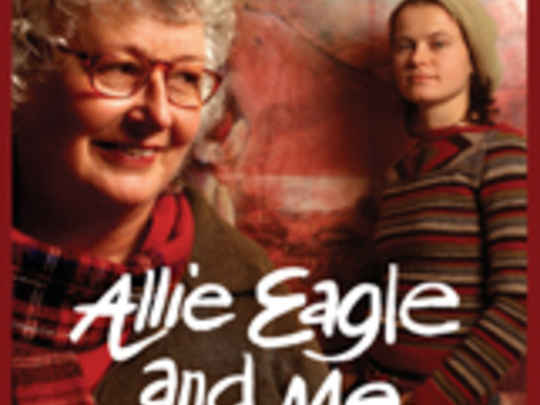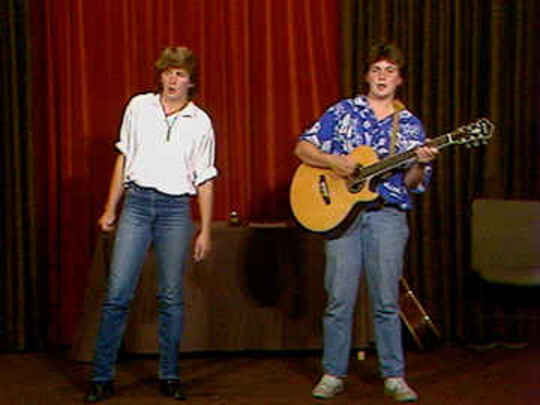Mothers of the Revolution
Film (Trailer) – 2021
We were much, much closer to nuclear war than the Cuban Missile Crisis...
– A Greenham Common protester recalls the global political tensions of the 1980s
If you always do what you're told then you don't ever change anything.
– A Greenham Common protester interviewed for the filmlitical action
In a climate where the issues facing humanity can seem insurmountable, in a time when it can feel that we as individuals can't make a difference, the story of the mothers of the revolution is a powerful antidote.
– Publicity material for Mothers of the Revolution
Realising that the march alone would not be enough to get the missiles removed, the women camped outside the base to continue their protest — one that would last nearly 20 years. The Greenham women realised that without a similar peace effort in the East, their protest in the West would be ineffectual, so travelled to Russia to meet with like-minded activists.
– Excerpt from a preview of this documentary, Screen Daily, 16 April 2020
The cruise missiles did go, international law did change, the common was handed back to the people, the camp cost millions of pounds for the Americans, and these women spoke at the UN. Thousands and thousands of women were radicalised, even those who only came for a weekend. It opened their minds to their oppression, introduced middle-class women to working-class women. It was proper intersectional feminism.
– Rebecca Mordan, the child of a Greenham Common protester, on what the protest movement achieved, The Guardian, 29 August 2021
It was an experience I can never forget. The high wire fence, decorated with toys and messages and ribbons, and groups of women sitting around campfires talking quietly. It was so peaceful. We made a ring around the whole base, thousands of us, holding hands; there was singing, music, drums and women of all ages. A coach pulled up and dozens of elderly women in cardigans and sensible shoes got out and marched up the road carrying a banner saying 'Grannies against the Bomb!'
– Protester Yvonne Osman remembers the Greenham Common protests of the 1980s, The Guardian, 22 August 2021
In the years between 1981 and 2000, when the camp was handed back to locals, more than 70,000 women demonstrated, danced, sang and took direct action such as taking bolt cutters to fences and storming the watchtowers. It was the largest female-led protest since the women’s suffrage movement in the 1900s.
– Greenham Common protester Julie Bindel in The Guardian, 29 August 2021
The end of the Cold War rendered the airfield near Newbury In Berkshire, southern England, surplus to requirements. The last Americans took off from the longest runway in Europe in June 1991. Bats and kestrels now roost in bunkers which used to house missiles. Last February, the Ministry of Defence said it would end its 50-year annexation of Greenham Common.
– Reuters journalist Robert Woodward, in The Evening Post, 12 June 1993, page 14
Women set up peace camps outside the base's wire fence and hundreds were jailed or fined for entering it illegally.
– Reuters journalist Robert Woodward, in The Evening Post, 12 June 1993, page 14
